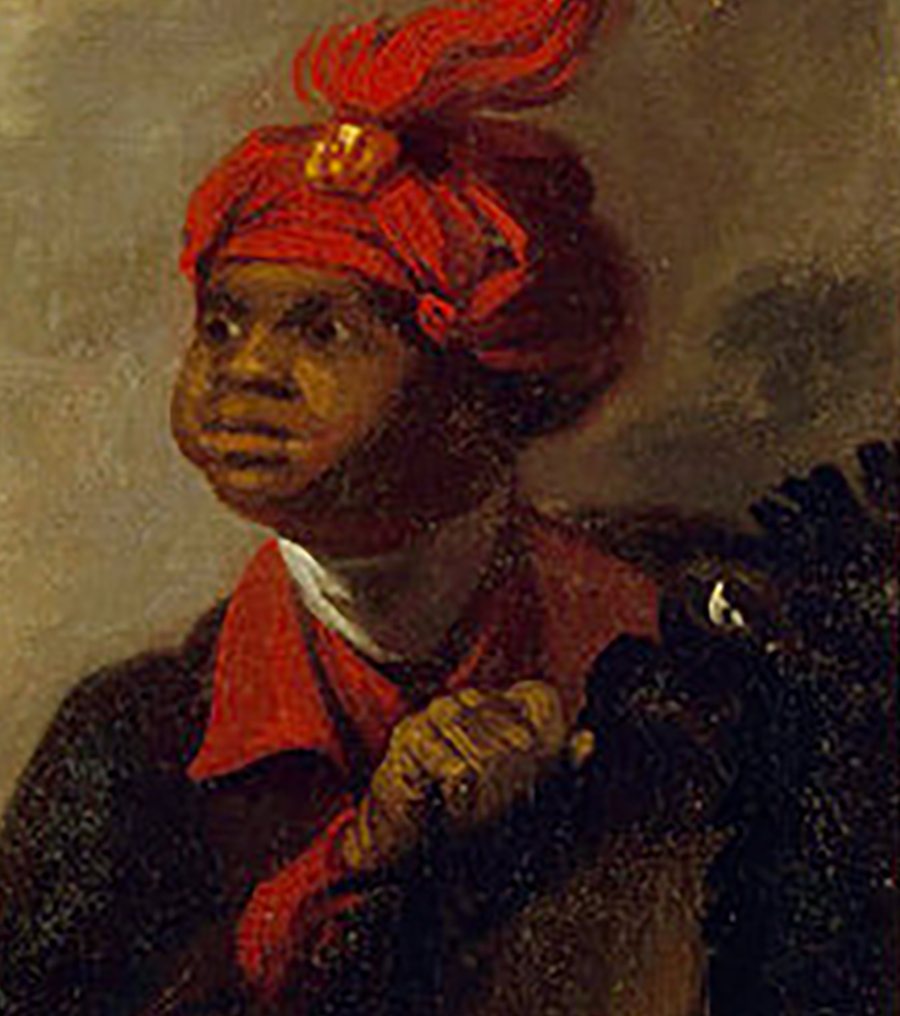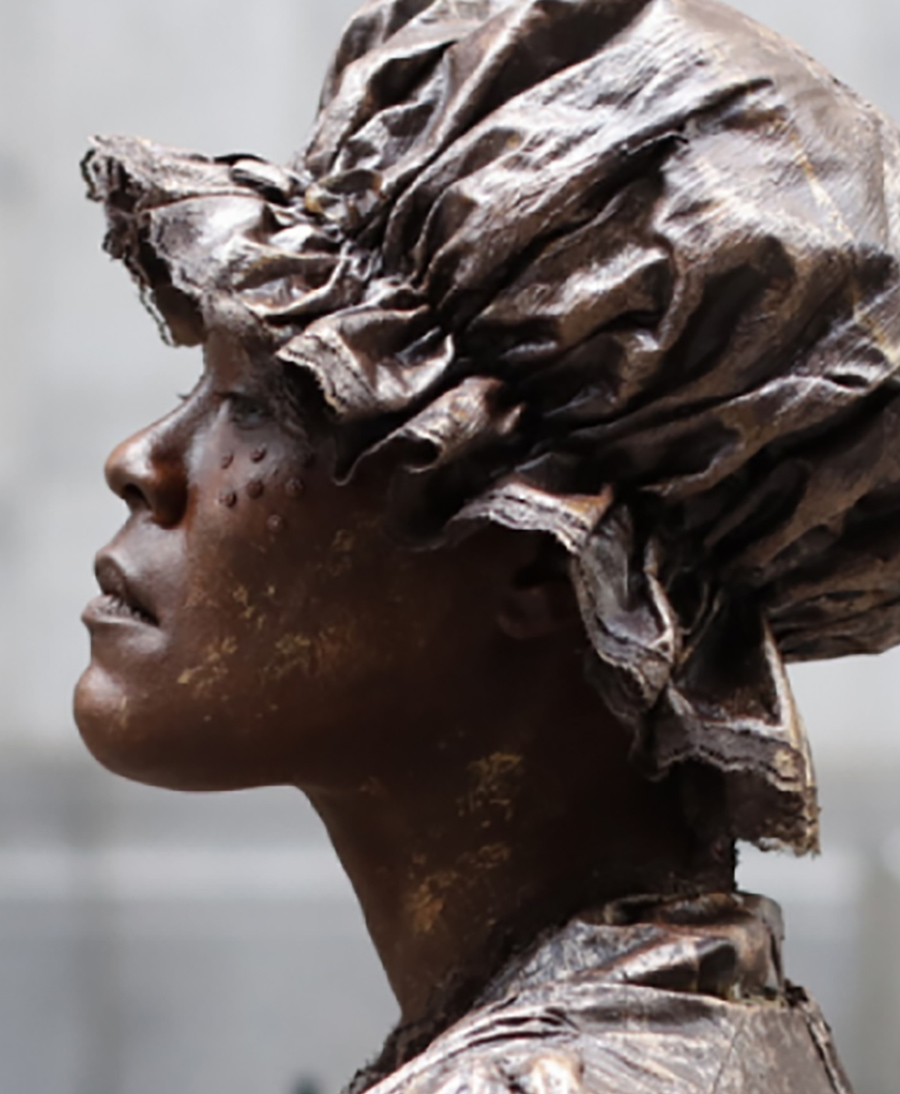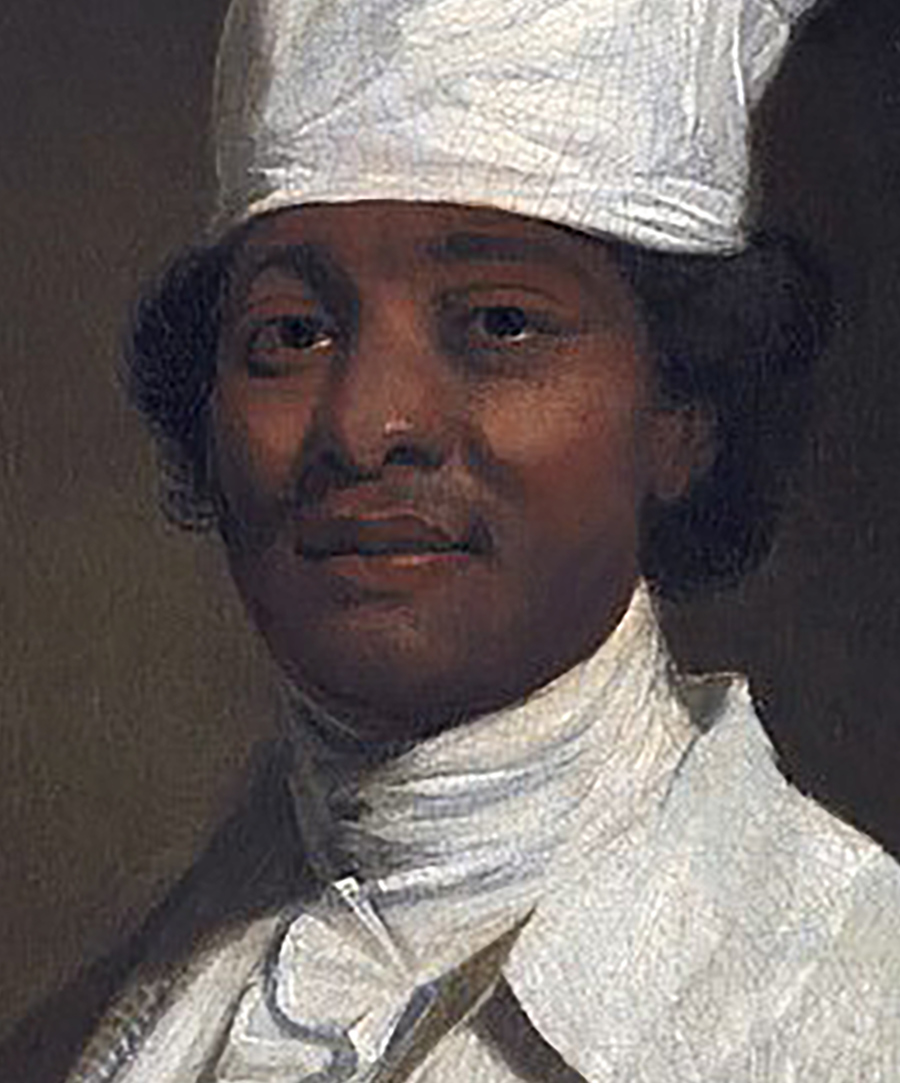
never mean… to possess another slave by purchase, it being among my first wishes to see some plan adopted, by which slavery in this country may be abolished by law.” That’s what George Washington wrote to John F. Mercer on September 9, 1786, according to the book George Washington, the Christian, by William J. Johnson, (Abingdon Press, 1919).
This didn’t mean America’s first president adopted plans to abolish slavery on his own plantation. Washington desperately tried to recapture those escaping his tyranny. However, three got away.

Ona “Oney” Maria Judge served as Martha Washington’s personal maid. When informed she would be given to Martha’s granddaughter as a wedding gift, Oney planned her escape. Philadelphia was not only the President’s residence at the time, it was an abolitionist stronghold and home to thousands of free blacks. With some help from free blacks, Oney escaped on May 21, 1796, while George and Martha ate dinner. Author Clarence Lusane’s The Black History of the White House (City Lights Books, 2011) traced her story. Abolitionists transported Judge to Portsmouth, New Hampshire, where she remained free, yet a fugitive, for 50 more years.
